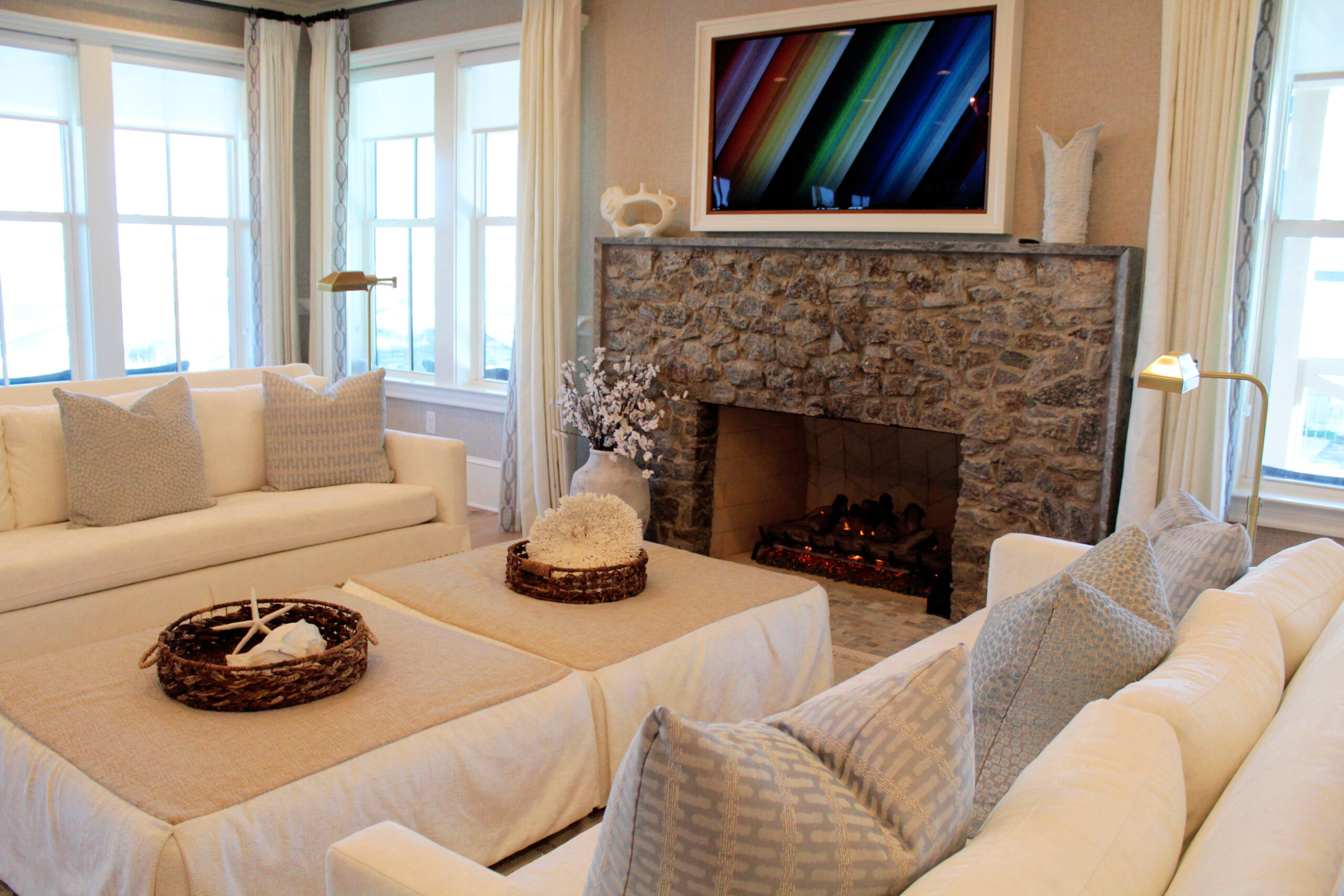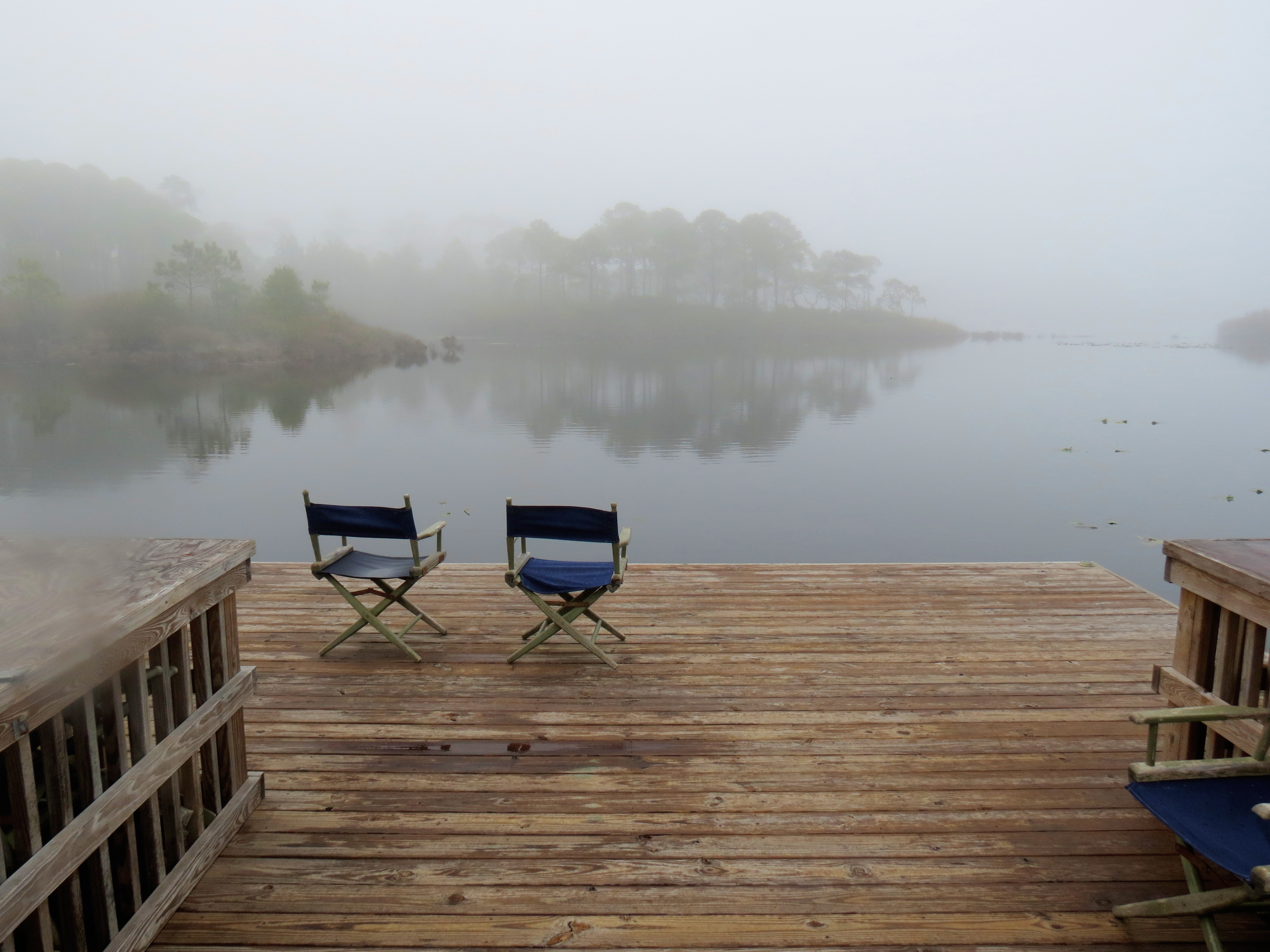Starter Snowbird Couple One
Married for 40 years
Primary residence: almost paid off
Financial resources: yes
Wife is retired
Husband will formally retire by December 2023, then continue to work part time two to three days per week
Pets: Yes, two dogs
Family: Three adult children, two are local to the area, the third is a six hour drive away in Wisconsin; one daughter-in-law, one son-in-law, one six year old grandchild
Goals
Goals are somewhat fleshed out. A general timeline and interest in being snowbirds was expressed, but the husband and wife have differing opinions on what that looks like. The husband would like to target Winter of 2024 for the initial run and the wife wants to postpone the target date a year later at the soonest because she first wants to travel to Greece and other places overseas.
Both eliminated Florida as a potential snowbird location. Texas is one state they are considering. Arizona is their preferred target location, but they haven't looked into much more detail other than being in a suburban area such as Mesa and likely a condo. Neither has loved ones in potential areas they are considering, but that is one factor they considered.
Hobbies and interests include family/their grandchild, travel, food, hiking and entertainment such as live music and sporting events.
Both maintain close family connections.
Analysis
Advantages: wife is already retired
Disadvantages: pets to contend with, family and grandchild in their primary area, husband required to be on site at work several days per week
Biggest adjustment: they currently enjoy spending money on entertainment such as season tickets to national sporting events, cruises and vacations. Budgeting for one or more seasons as snowbirds will cut into or reduce vacation travel and other discretionary activities.
Biggest obstacle: In my opinion, the biggest challenge they will face as snowbirds is being 3-4 days' drive away from their primary home if they choose Arizona as their destination. Re-framing their discretionary spending and letting go of other long held traditional pleasure expenses will be a very big adjustment as a couple. I haven't yet figured out how the part time job comes into play if they become snowbirds more than 1,800 miles away from the job unless the employment takes a pause for a couple of months.
Starter Snowbird Couple Two
In a committed relationship for several years, previously married to other partners
Each purchased their own individual residences
Financial resources: yes
She is of retirement age, but enjoys her career and the salary/benefits of her employment
He is approaching retirement age in about 3-4 years, but enjoys his career and the salary/benefits of his employment
Pets: none
Family: Both have adult children who are not local to the area, neither has grandchildren
Goals
Goals are not yet fleshed out. A general timeline and interest in being snowbirds was expressed, but nothing more specific.
Both enjoy interests that they said, "Everyone else also likes." Hobbies and interests include travel, food, craft beer, wineries, etc, gardening, entertainment such as live music, sporting events, tours and other cultural activities.
She maintains close family connections and he does not.
Analysis
Advantages: no pets to contend with, no family in their primary area
Disadvantages: both are required to be on site at work every day, two residences to maintain while away, differing situations regarding family, separate finances.
Biggest adjustment: they currently do not spend 24/7 together and this will test the relationship should they become retired snowbirds.
Biggest obstacle: In my opinion, the biggest challenge they will face as snowbirds is finding common ground regarding the terms of becoming snowbirds, such as where, when, how long and who will pay for what. Being around each other and sharing resources, such as a vehicle, in a different location other than their individual residences will challenge their long-held independence.
Just for fun, I've included a third scenario of a neighbor who is a hybrid type of snowbird. She is her own unique person and here is what I know of her semi snowbird lifestyle.
Single Woman Semi Snowbird
Single, previously married
Residence: Owns her primary residence, owns a vacation lake home in Northern Michigan
Financial resources: yes
Retired: yes
Pets: none
Family: Adult children who are local and adult children who are not local to the area, several adult grandchildren
Observations
She is very independent and is able to make or change her plans as she wishes. She spends time in her favorite places all year round, including her vacation lake home and other places of interest including the Western United States. She seems to prefer Key West for extended periods of time, including about six weeks each winter. She is not the typical snowbird who parks in one place for a season, she tends to come and go to various locations as it suits her needs.
Hobbies and interests include travel, food, tours and other cultural activities.
She balances family with travel and it seems to work for her.
Analysis
Advantages: fully retired, no pets to contend with, no spouse or partner to compromise with and solid financial resources.
Disadvantages: two residences to maintain while away, must find and rely on neighbors, family and other helpers to assist with her primary residence when not there, no travel partner with whom to share her adventures or the mundane things such as driving to destinations
Biggest obstacle: In my opinion, the biggest challenge she faces as a semi-snowbird is being physically able to continue her lifestyle if she should have health issues that limit her ability to go to all of the places she desires.



